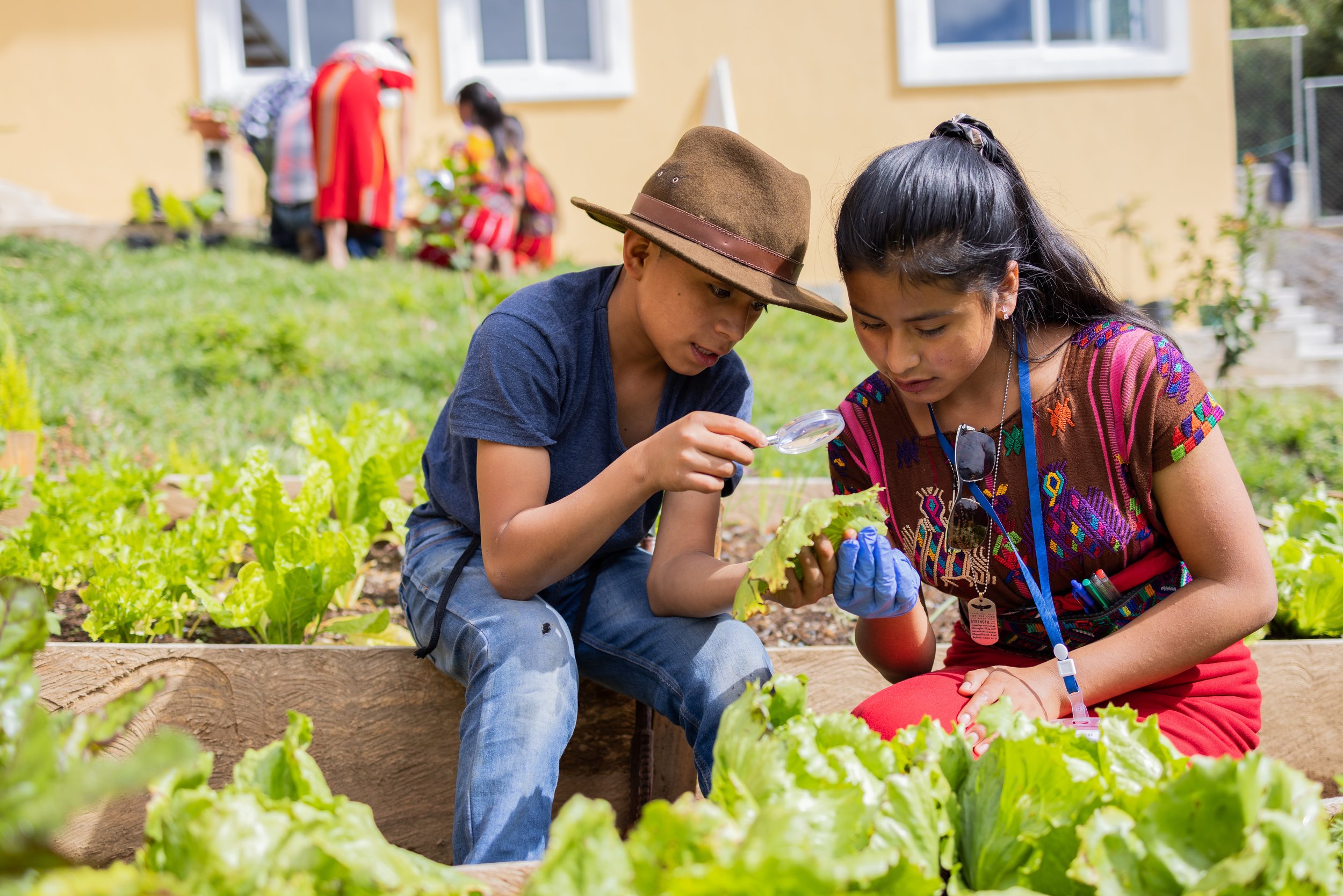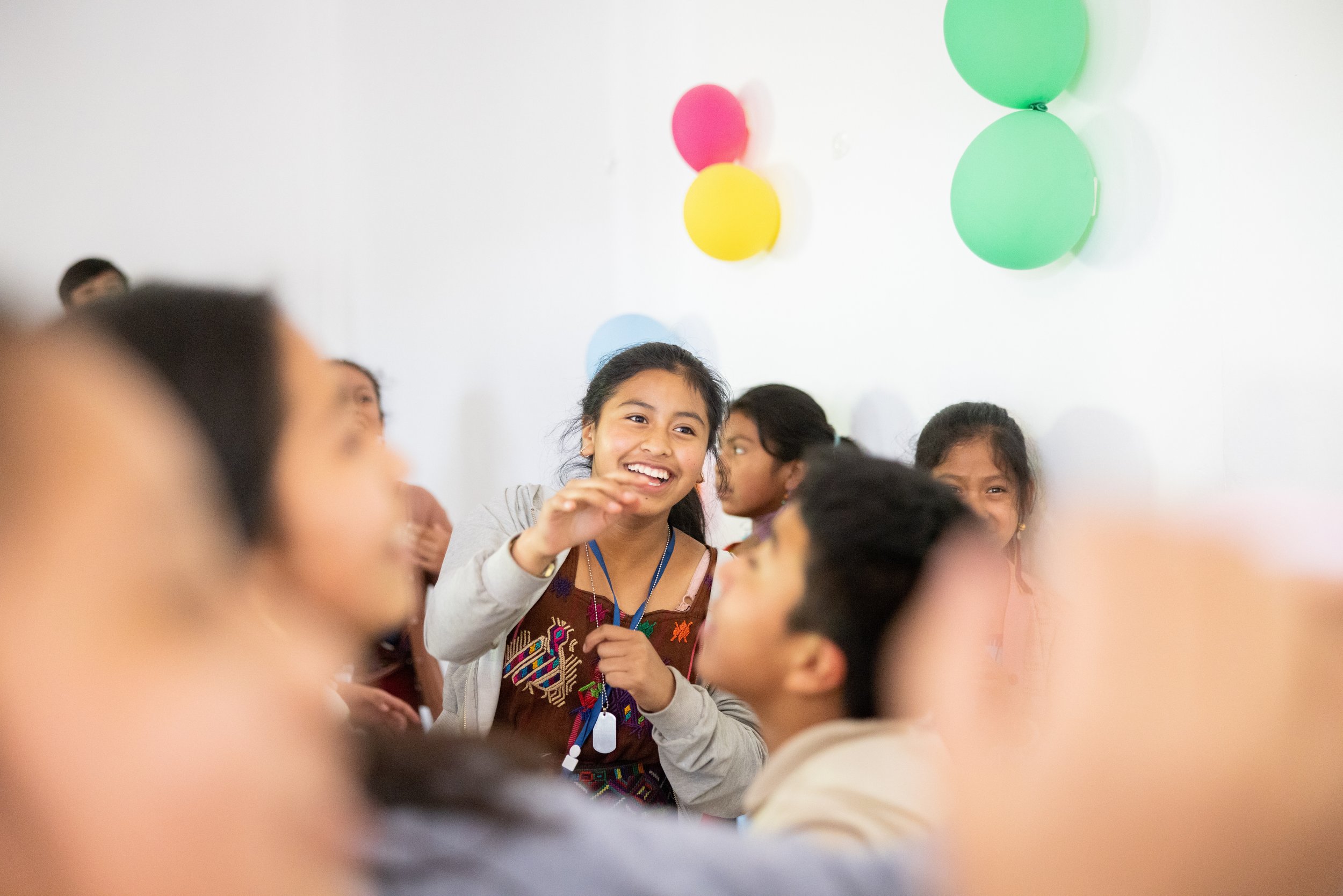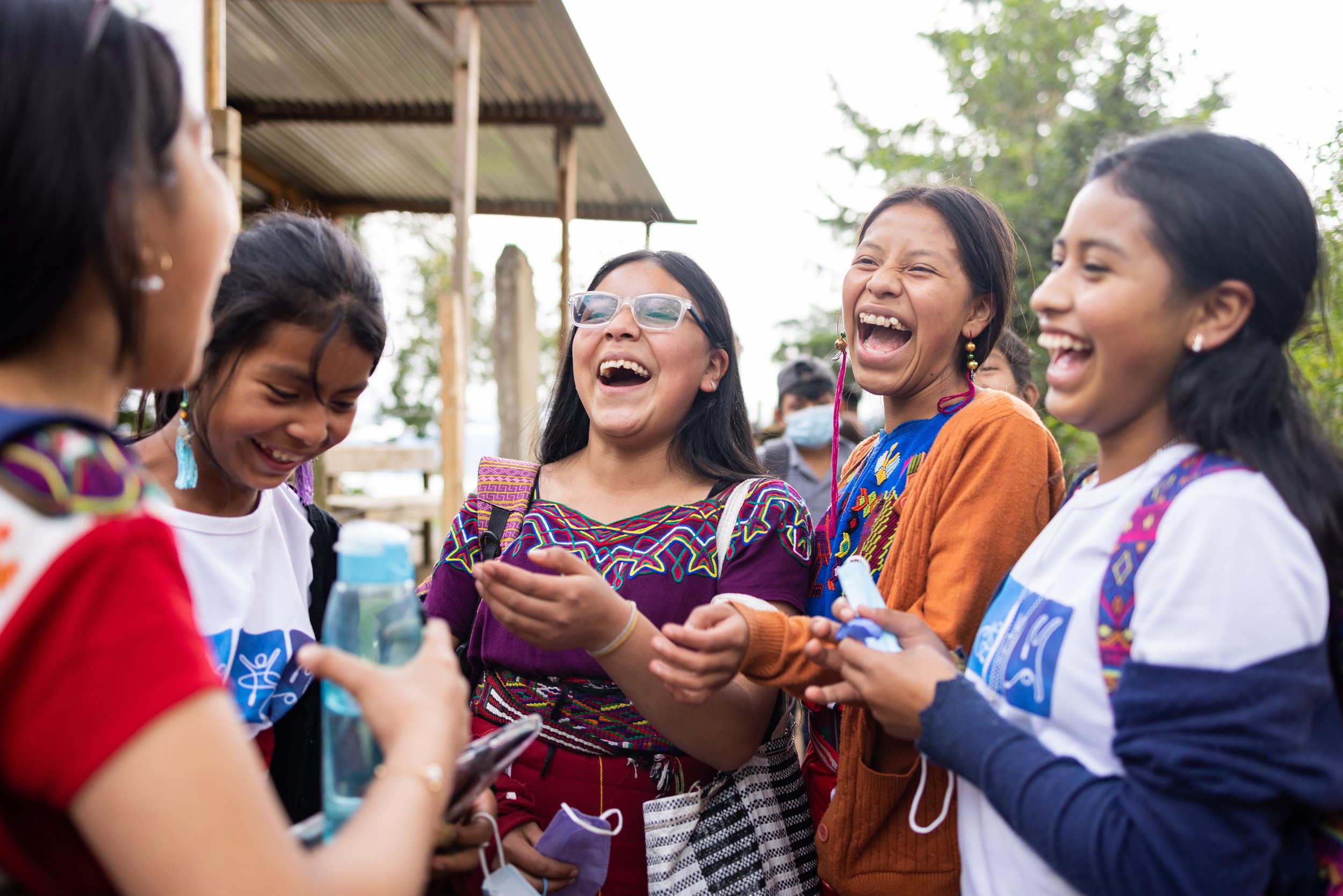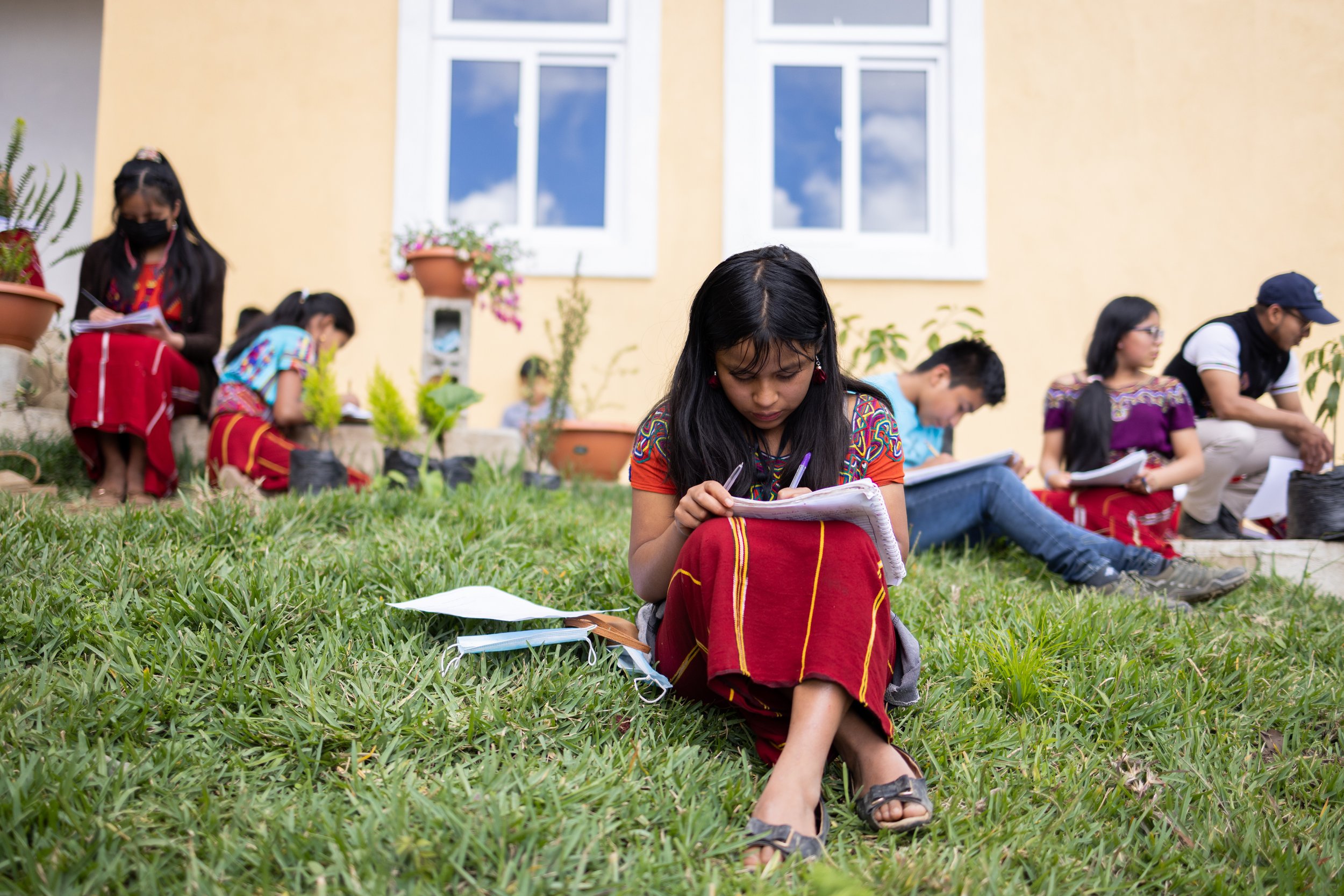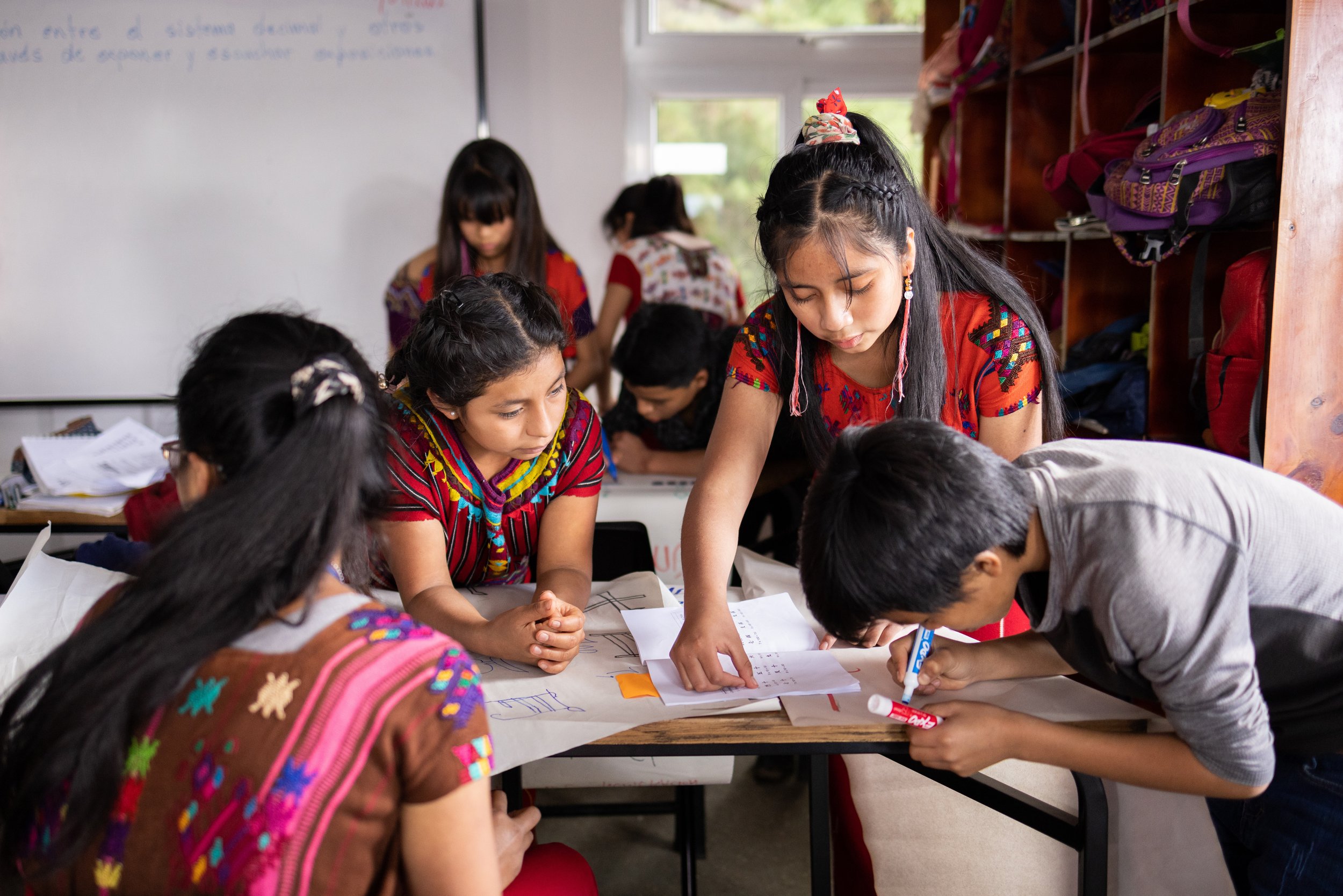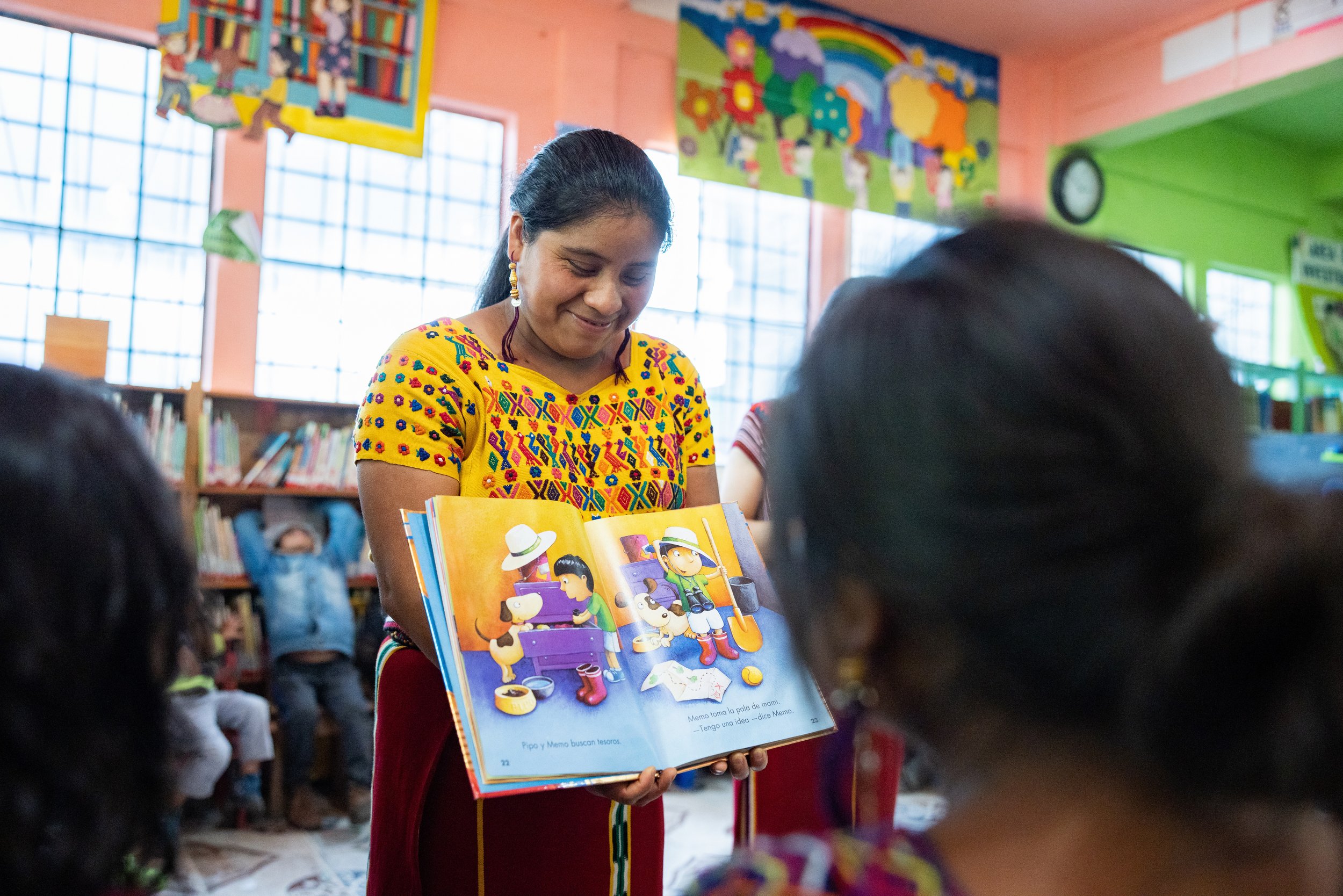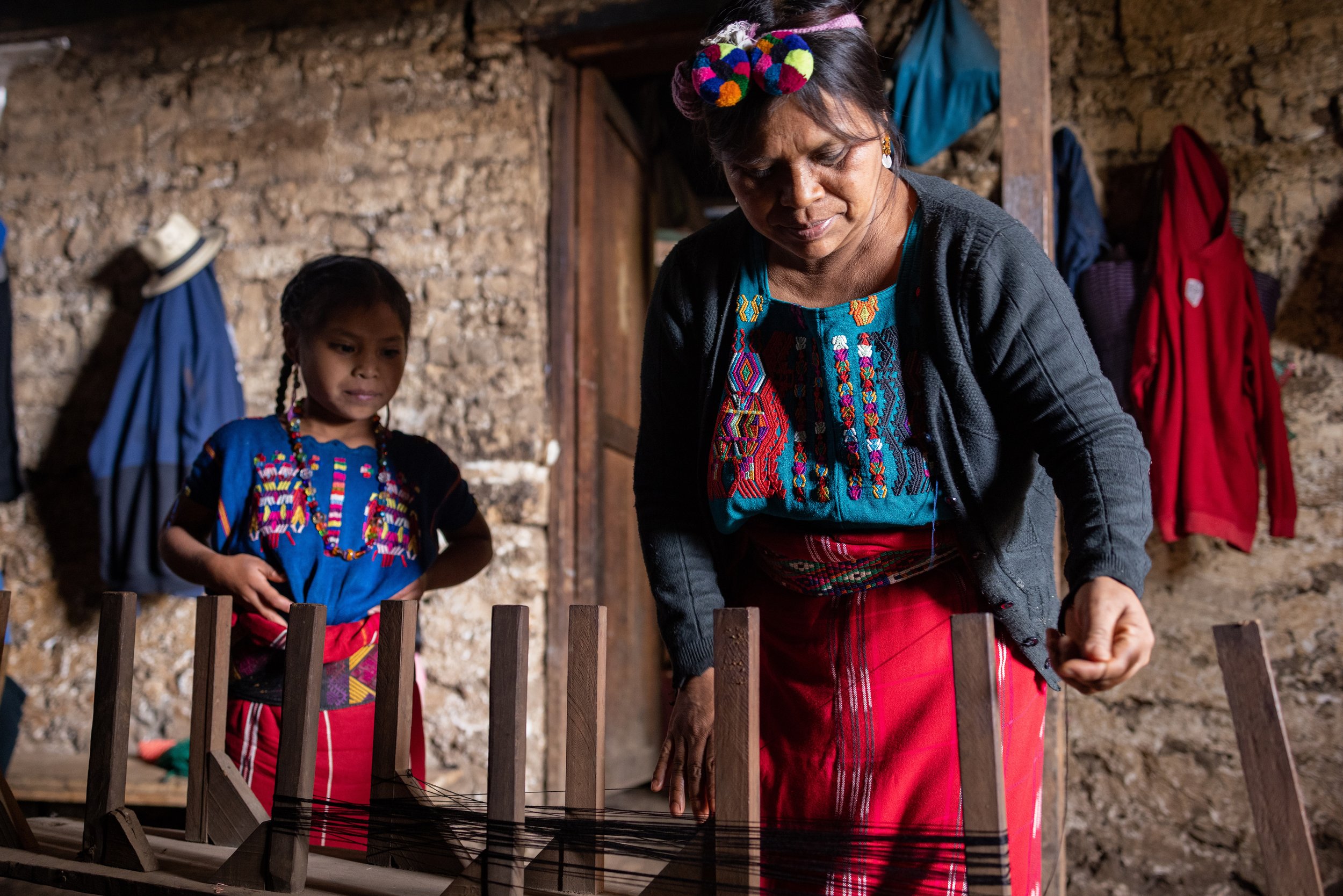
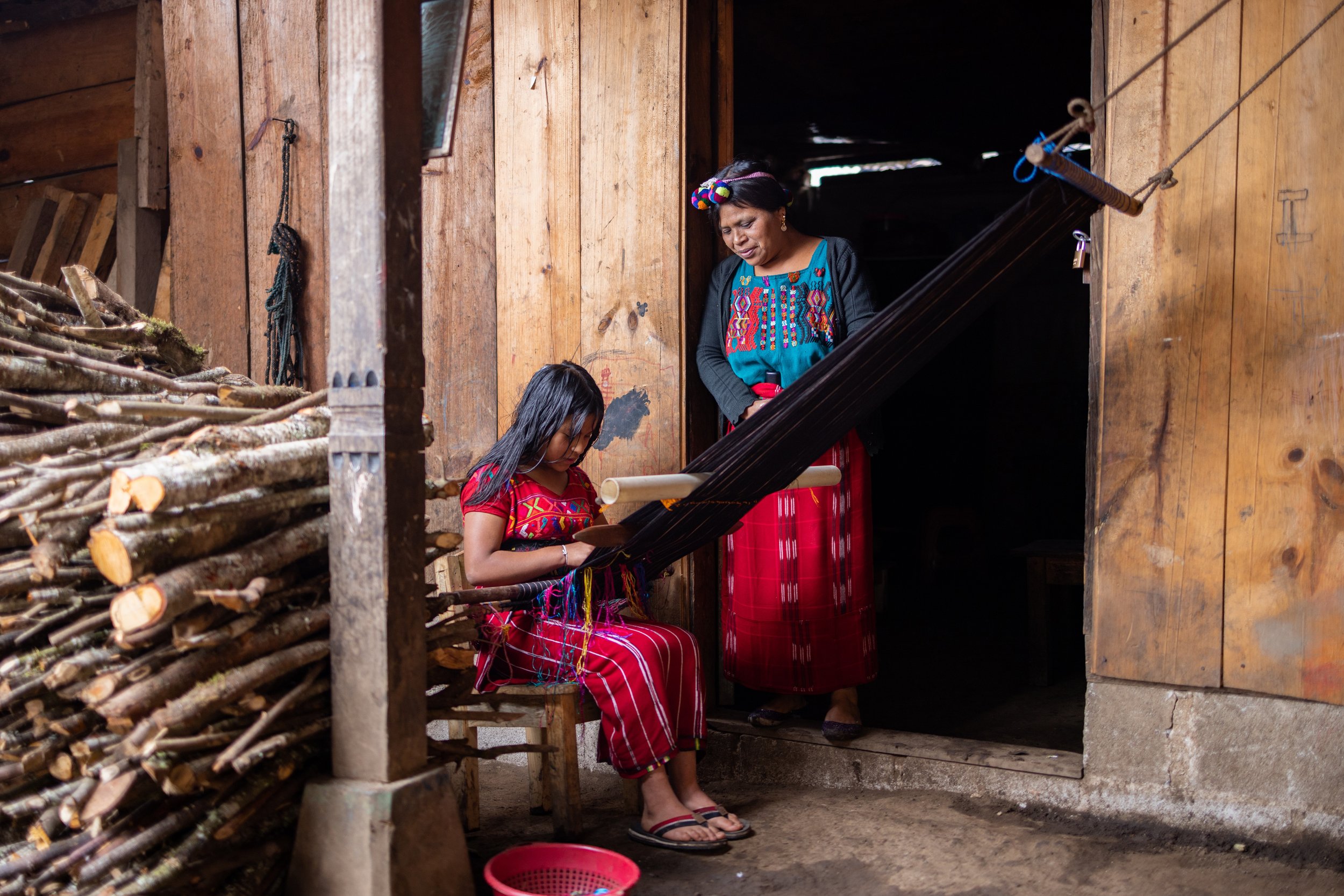
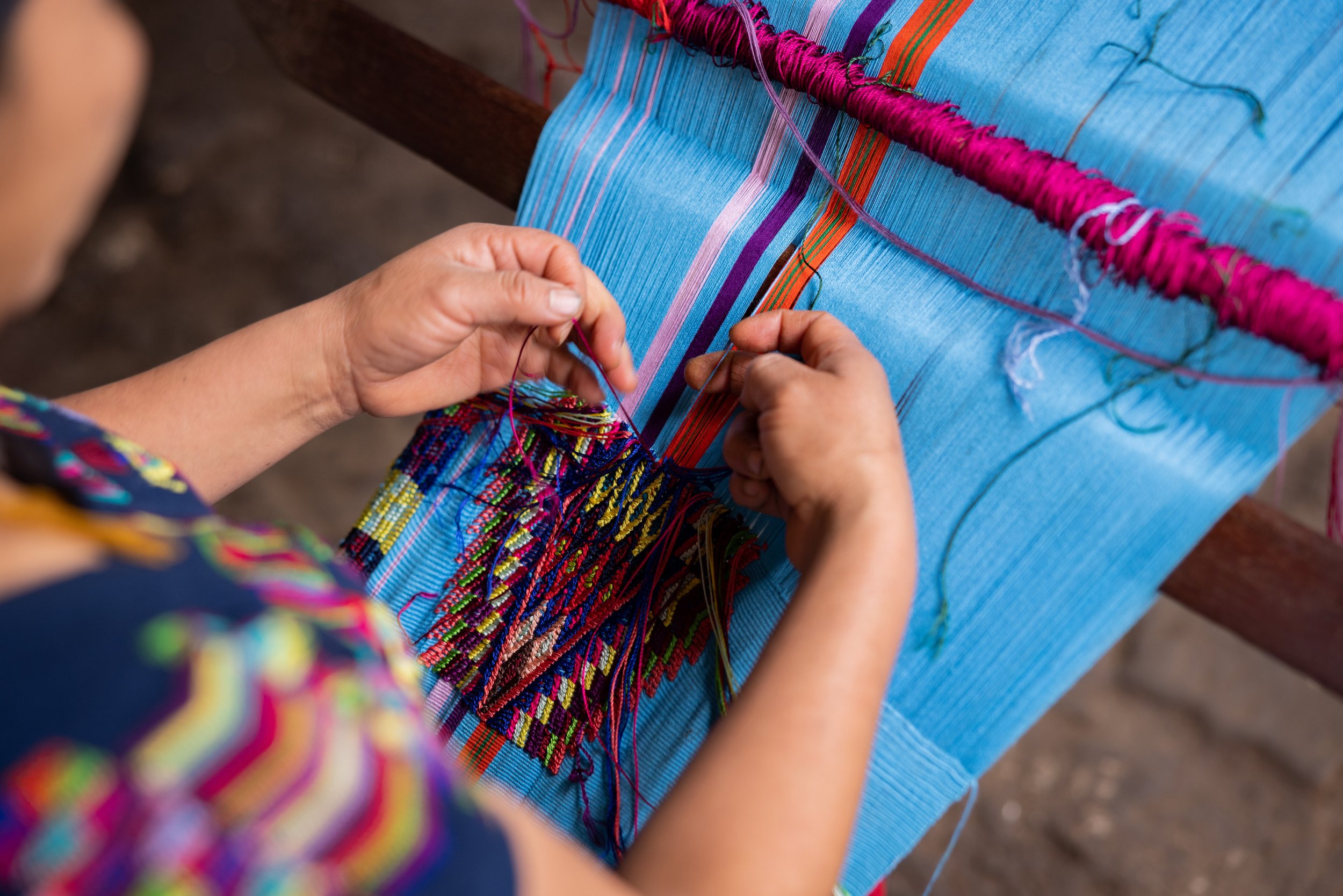
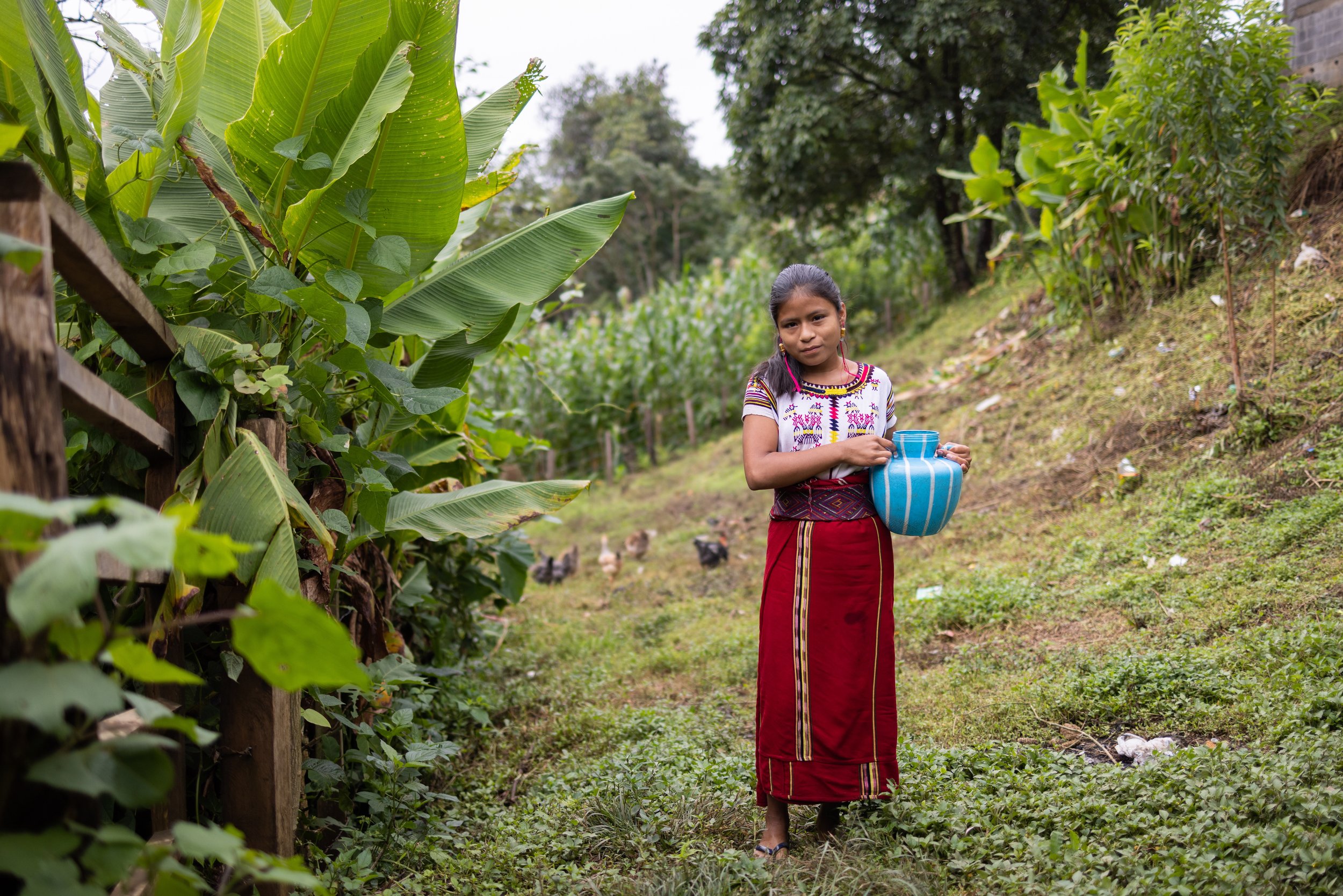
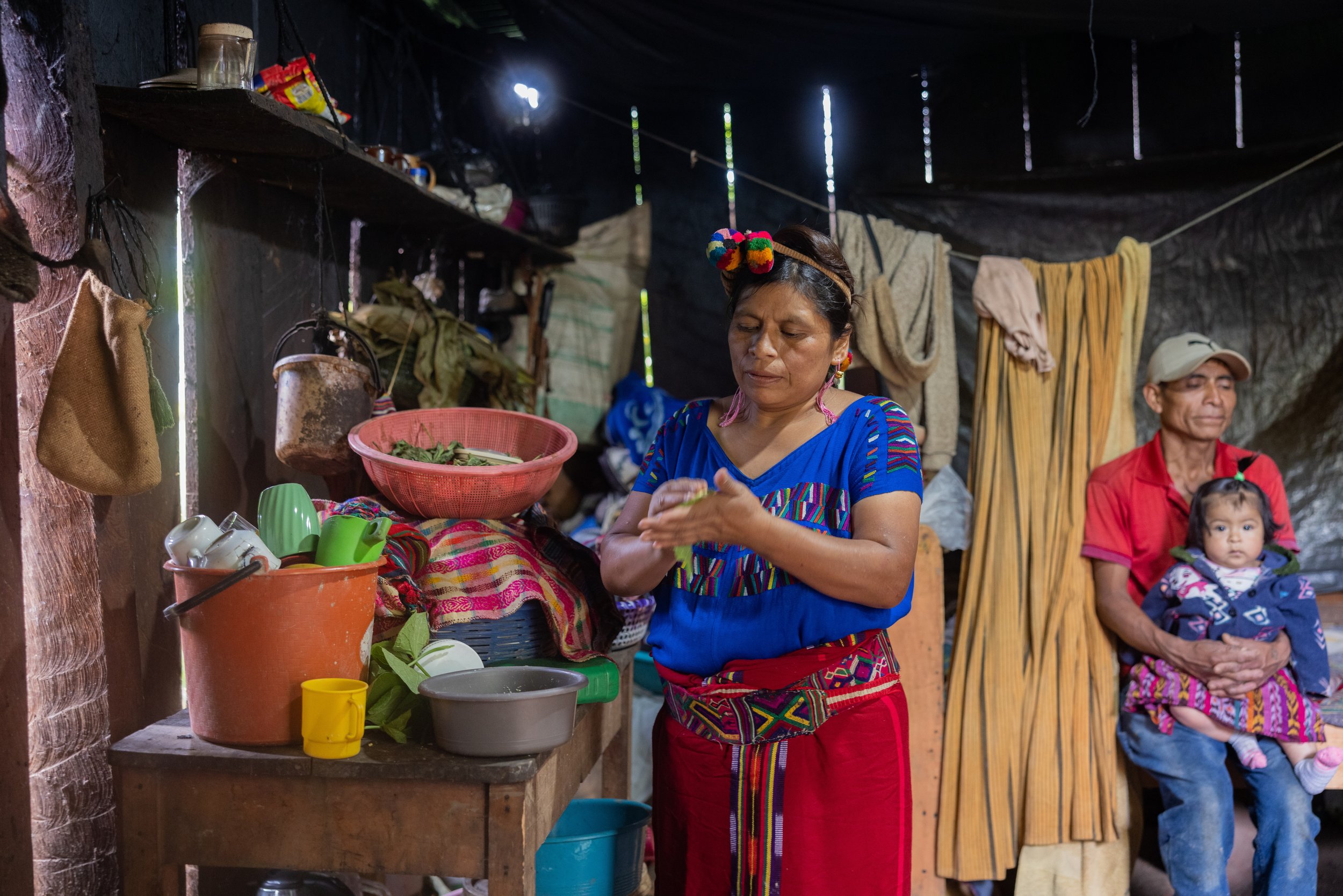
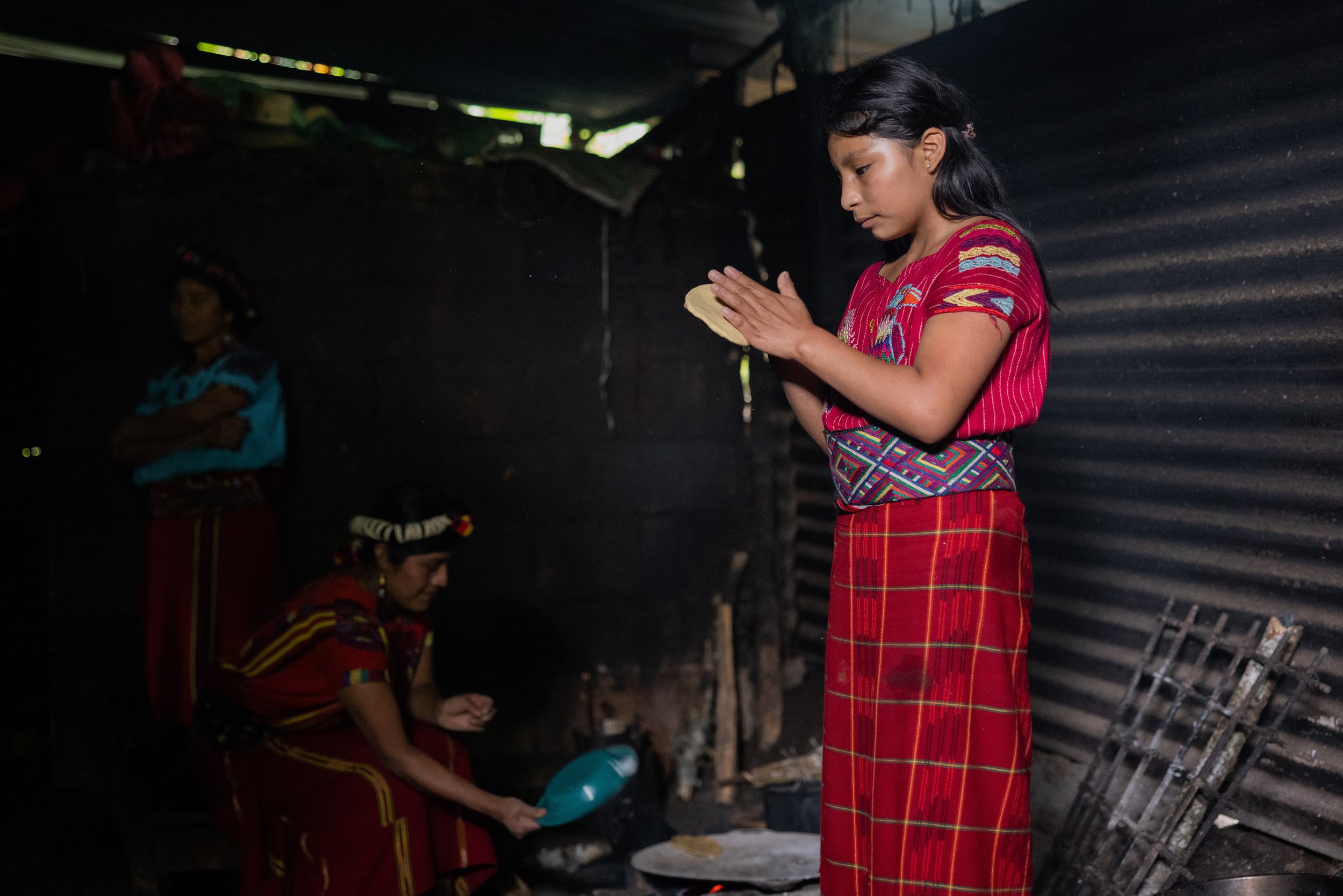
IMAGES BY NIKKI RITCHER
WORDS BY NIKKI RITCHER & TAMARA BLAZQUEZ HAIK
EDITED BY CHRISTINE PICKERING
The town of Chajul, rich in Maya Ixil tradition and culture, was at the centre of a 36-year-long Guatemalan Civil War (1960–1996), during which time violence amounted to genocide and left it as one of the poorest communities in the country today. The genocide took the lives of an estimated 200,000 people, 83% of them Mayan. To this day, Chajul and its people continue to battle with postwar challenges such as emotional trauma, land displacement, family separation, and a deep mistrust of outsiders.
Referred to as the “Maya Genocide” or the “Silent Holocaust,” the Guatemalan Civil War can be traced back to 1954, when the U.S. military supported a coup led by Colonel Carlos Castillo Armas against the then president of Guatemala, Jacobo Arbenz. In 1960, after Castillo Armas claimed victory and was declared president, he reversed several laws that benefitted the poor, leading to left-wing groups defying him and the war officially starting.
The government perceived the Maya as siding with the communist insurgents and sent the military into villages specifically targeted for annihilation. During this time, massacres, torture, and forced disappearances became commonplace, and later, the military acknowledged that they had destroyed 440 Maya villages, which were primarily occupied by unarmed civilians. It wasn’t until 1996, when peace accords were signed between the confronting groups and the president, that this bloody conflict finally came to an end.
Walking up one of the many hillsides in Chajul, a woman is wearing traje típico (traditional Indigenous clothing) specific to the Ixil Indigenous region within the Western Highlands of Guatemala.
The Western Highland region of Guatemala, long considered sacred to local Indigenous communities, was left deeply scarred and impoverished by this civil war. It is in this region where the farming community of Chajul is located. Men in the community work in agriculture, while women weave and care for the home. If a family lacks the financial means to send their children to school, then they do not continue with formal education; instead, boys work in the fields and girls are expected to help at home. While most children receive some primary education, the attrition rate is high in middle school and increases even more in high school.
Rosellia makes boxboles in her kitchen with her niece. Boxboles are a traditional dish of the Maya Ixil region of Guatemala.
Fortunately, this reality is slowly changing. Despite daily hardships and the horrors of the past, the people in Chajul are stepping out from the shadows of war, rebuilding their community and culture through education and mentorship. Chajul's youth now have more educational opportunities with the support of Limitless Horizons Ixil (LHI), a grassroots organization whose team is primarily comprised of Chajul natives. In January of 2022, the organization opened Colegio Horizontes, a middle through high school that teaches a variety of subjects including STEM (science, technology, engineering, and mathematics).
Students collaborate on an assignment outside the classroom at Colegio Horizonte.
Entrepreneurship, which is a required course, is a top priority of this curriculum. Graduates of Colegio Horizontes come away with the knowledge required to start their own businesses, build economic growth in their community, and become future leaders. They also develop the skills to take on local jobs in Chajul to better serve the needs of their own people.
Additionally, the importance of sustainable food practices and environmental stewardship is emphasized, in particular through the natural sciences classes. Students tend to a school garden, and the produce they grow goes back into the kitchen to provide school meals. As the school is powered by solar panels, students also learn—through practical application—about the importance of renewable energy sources. In this way, the pupils develop a strong relationship with their environment and understand why sustainable practices are integral to protecting their land.
Students help harvest beets in the school garden during their natural sciences class led by educator David Raymundo Ceto.
Classes are taught primarily in Spanish (the official language of Guatemala), as this is needed for university education and advanced degrees, as well as business ventures. However, all students take a course in Ixil, the native language of Chajul’s residents. Here they learn to write, read, and speak the Maya Ixil language, and once a month, they join cultural celebrations which reaffirm the students’ heritage and identity. At the Saber Sin Límites (Limitless Knowledge) Community Library, which was opened by LHI in 2010, dual Ixil-Spanish literacy and fluency is also encouraged through bilingual story hours and other programs.
“My mother wishes she had that same opportunity [to be educated], but it wasn’t allowed. It wasn’t the traditional view of the community to educate girls. Through working with a team of women, I recognize how much work my mother, sister, and wife do. I see their hard work and the minimal opportunities they are given.”
Cecilia, a graduate of Limitless Horizons Ixil’s scholarship program and librarian at Saber Sin Límites, reads to the children in the community of Chajul during a bilingual Spanish-Ixil story hour. She currently holds a teaching position at a school in the region.
Colegio Horizontes is composed of two-thirds female and one-third male students, and the curriculum attempts to reverse gender stereotypes in a machismo (misogynistic) culture. Young boys learn new gender norms and treat their female peers as equals.
David Imul, a past LHI scholarship recipient and now head Librarian at Saber Sin Límites, describes how he has faced backlash from his community and family because he is helpful in the home. Many do not understand why David, as a man and husband, is "under the thumb” of his wife; but through his work with Chajul’s youth, he is trying to change this harmful way of thinking. “My mother wishes she had that same opportunity [to be educated], but it wasn’t allowed. It wasn’t the traditional view of the community to educate girls. Through working with a team of women, I recognize how much work my mother, sister, and wife do. I see their hard work and the minimal opportunities they are given.”
David Imul, the head librarian at Saber Sin Límites, engages with children at story hour.
In turn, David tries to help his wife as much as possible in their home with their four-year-old son Emanuel. David notes that being a man on a female-dominated team “gives me the chance to be an example for other men”, he says. This is because he sees the benefits in a community where there is gender equality. “Women always have to be brave and resilient in difficult situations, and being an Ixil woman is especially hard.”
Using her backstrap loom, Rosellia weaves a traditional huipil, which is the same top she is wearing and is specific to the Ixil Indigenous region of Guatemala.
“When teaching educators a new system of education, you have to have them unlearn everything that they know and have been taught.”
The director of Colegio Horizontes, Odilia Cedillo, who comes from Salquil, a small village in the Ixil region, says that the students, especially the girls, need someone to believe in them. “It’s significant to be a part of that and empower them. I often see myself reflected in the girls here.”
Starting a high-quality, full-day school (compared to the half-day education provided at all other local schools) in a remote Guatemalan area has many challenges. “When teaching educators a new system of education,” Odilia says, “you have to have them unlearn everything that they know and have been taught.” Teachers here grew up in an education system that taught in a rote learning style, with classes for just four hours a day compared to eight hours at Colegio Horizontes. As well, Indigenous language and culture were not taught or encouraged in this system; thus there was no blueprint for creating an engaging, girl-centric, rigorous, and culturally responsive curriculum that celebrates Maya Ixil traditions and promotes environmental sustainability. But there was also no question that this kind of curriculum was necessary to empower students to protect and preserve their traditions while also preparing them for future success. As Odilia notes, maybe supporting one student is just “a drop in the ocean, but that’s where you must start.”
Students in Colegio Horizontes’ inaugural class enjoy discussing Chajul’s tradition, culture, and language during their Ixil class. Ixil, one of 22 Mayan languages, is widely spoken in this region in the Western Highlands of Guatemala. Most of the community in Chajul is monolingual in Ixil.
Chajul’s youth are gaining a modern skill set while embracing their culture through a curriculum that promotes Maya traditional knowledge, subverts gender norms, and encourages a strong connection with the land. The students and educators in the community continue to heal the trauma of Chajul’s past and create a space for a positive future filled with hope, where Maya Ixil culture can be the way forward.
To support LHI and learn more about the organization’s work, visit their website.
